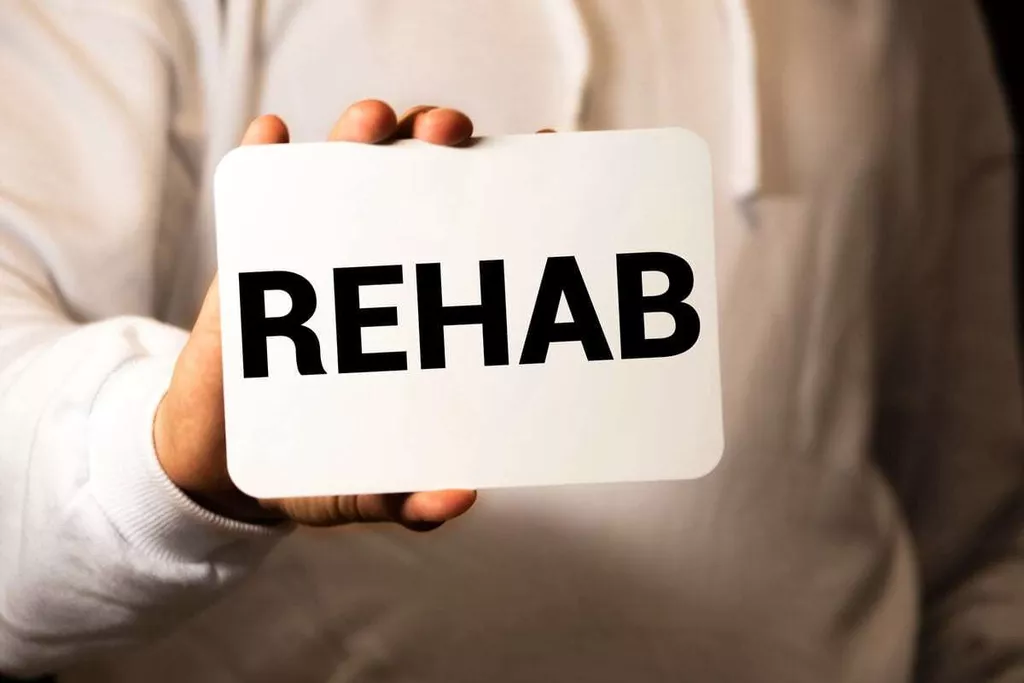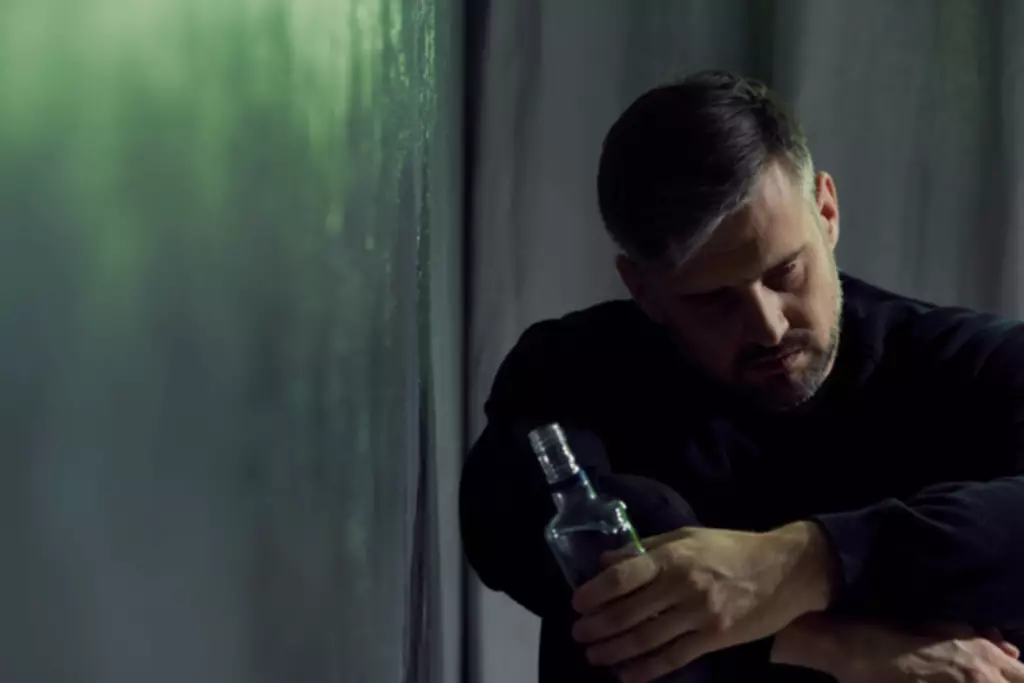Cannabis Addiction Is It Really a Gateway Drug?

Doctors may also suggest counseling to help someone develop healthy coping skills and modify behaviors they wish to change. Stopping cannabis use gradually may help decrease discomfort from withdrawal and lower someone’s risk of relapse. Healthcare professionals may grade CUD as mild, moderate, or severe depending on how many of the above criteria a person meets. Certain factors, such as delivery method and THC content, may affect someone’s risk of CUD. If you need more anesthesia to fall asleep because of your pot use, you’re at a higher risk of low blood pressure and a delayed wake-up after surgery. If you vape or smoke weed, THC could get into your bloodstream quickly https://ecosoberhouse.com/ enough for you to get your high in seconds or minutes.
Marijuana Benefits
- In one preclinical study, chronically administering a synthetic cannabinoid agonist to adolescent rats impaired short-term working memory in adulthood (Renard et al. 2016).
- Forging a strong support network of people who respect your choices, including the decision not to use, is invaluable.
- However, there may be other reasons for these findings and more research is necessary.
- It’s important that your doctor knows about cannabis and any other drug you use.
You’re more likely to get CUD if you misuse other drugs, like alcohol. Your chances also go up if you use marijuana a lot and by yourself. Mental health issues, like an anxiety or a mood disorder, can raise your chances, too. The chronic relapsing nature of addiction seems to involve underlying neurophysiological changes in reward, stress, and executive function circuits (Koob and Volkow 2016). Here we summarize findings about the effects of chronic cannabis use on these circuits. The drug’s pain-relieving properties make it a potential replacement for pain medication.

Stoner culture has perpetuated the idea that cannabis isn’t truly addictive. Not so fast, psychologists say
- More information on Cannabis Use Disorder can be found in the American Psychiatric Association’s Diagnostic and Statistical Manual of Mental Disorders, 5th Edition.
- The shifting political narrative has made marijuana a friendlier, more accessible drug, and perhaps contributed to notions of it as fairly benign.
- If you or a loved one is struggling with marijuana use, help is available and recovery is possible.
- Find out more about cannabis use disorder, its signs, and how to get help.
- Now is the time to reach out and get the help you need to overcome this problem.
However, some who use marijuana develop the symptoms of addiction after chronic marijuana use. Marijuana also poses several other health risks alcoholism treatment that people should consider. Marijuana—also referred to as cannabis, dope, weed, and pot, among other names—is a commonly used drug. In the U.S., the use of cannabis has been increasing since the 1960s. According to a 2017 Gallup poll, nearly half (45 percent) of Americans have tried marijuana at some point in their lifetime. A 2018 study estimated that 15 percent of Americans had used marijuana in the previous year.

Check out our other expertly curated newsletters — our weekly travel dossier, our daily deals roundup — right this way.

If you have questions about Cannabis Use Disorder, please discuss with your healthcare professional. When someone regularly uses cannabis to the point that it is having negative consequences, they may have developed a loss of control over their use and be addicted. They may not be aware that this has happened and that their behaviour is causing problems for themselves and others. Accurate diagnosis of mental health disorders and appropriate treatment, including medication, may help to reduce attempts to self-medicate with marijuana. These signs, along with any negative consequences from marijuana use, may signal a drug abuse problem.

Symptoms of Cannabis Use Disorder
- Chronic marijuana use causes physiological changes in the brain that may contribute to misuse and dependence.
- For more information on treatment options, contact an admissions advisor with American Addiction Centers (AAC) for free at .
- As we wrap up our journey through the complex landscape of weed addiction, let’s take a moment to reflect on what we’ve learned.
- For instance, marijuana confiscated by law enforcement today contains an average of 15% THC compared to less than 4% in marijuana confiscated in the 1990s.
- The reality is that both pose significant risk, especially to young people.
THC activates the reward system much the same as nearly all drugs, by stimulating brain cells to release the chemical dopamine. The THC effects on the brain disrupt balance, posture and coordination of movement and reaction time. Sensations, colors and sounds may seem more intense and time seems to pass more slowly. On occasion cannabis can produce anxiety, panic, fear or distrust as why is weed so addicting the euphoria dissipates.
